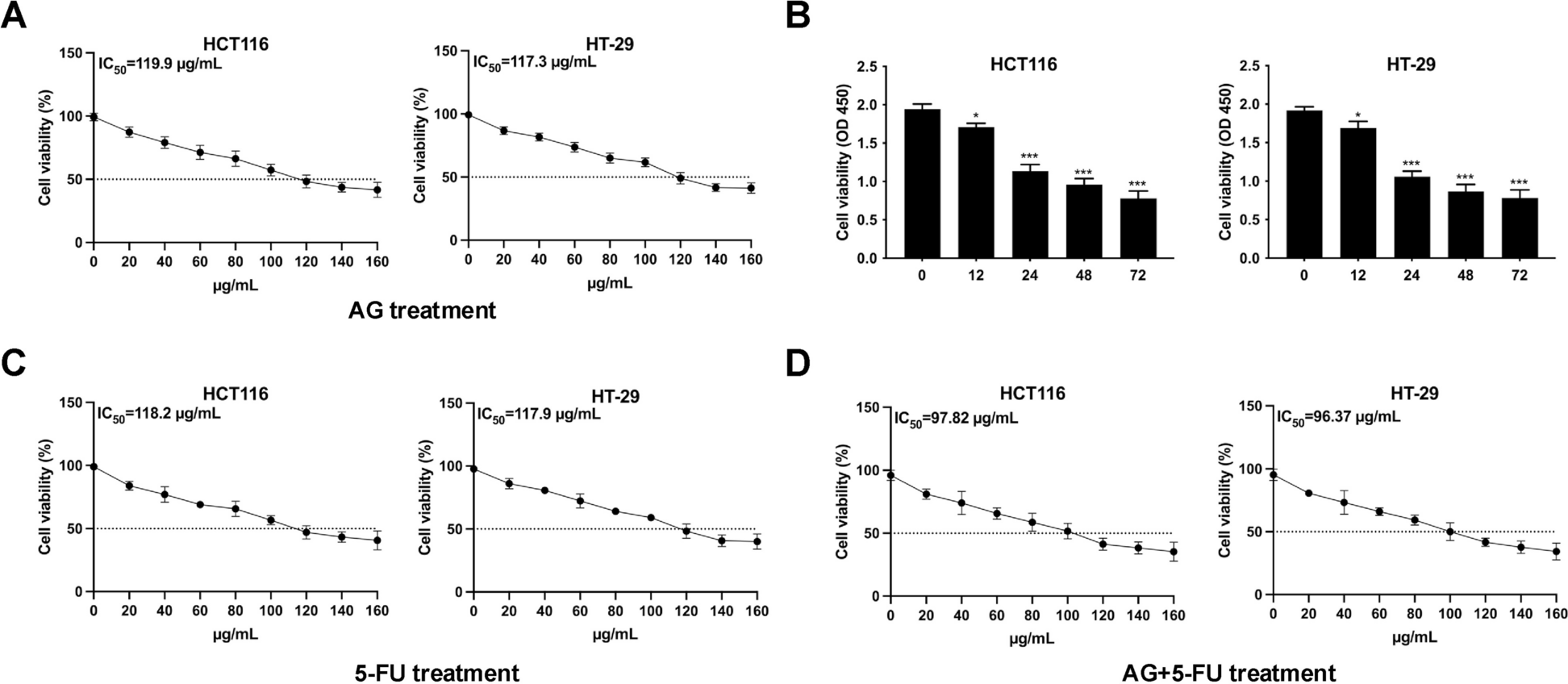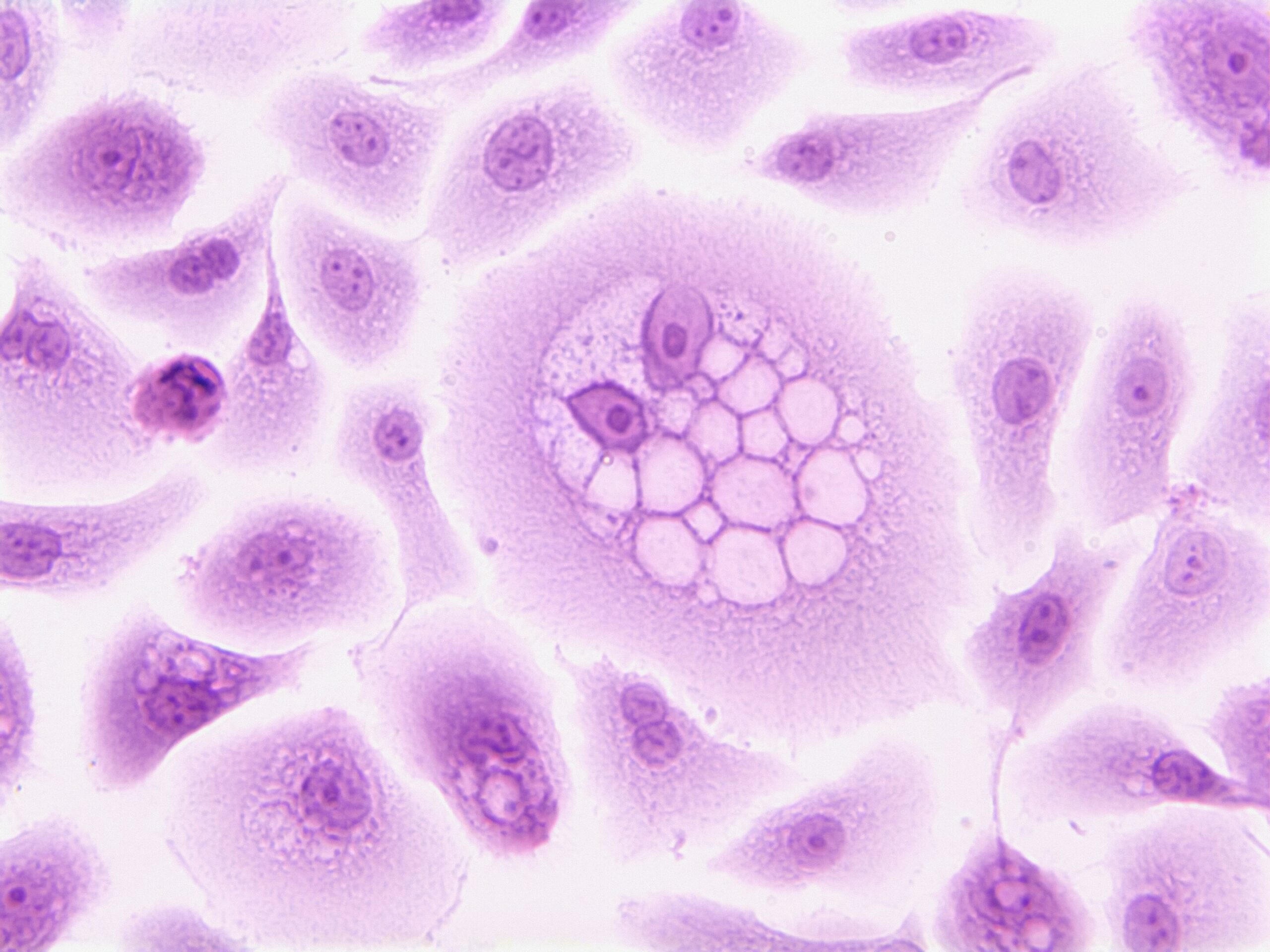Colorectal
-
Facebook
-
Twitter
-
Linkedin
Learn about colorectal health, including prevention, screening, and treatment options for colorectal diseases. Stay informed on the latest advancements in colorectal cancer research.

Early Palliative Care Improves EOL Comfort in Colorectal Cancer
Early palliative care reduces invasive interventions and enhances comfort at EOL for CRC patients, according to real-world study results.

Amarogentin suppresses cell proliferation and EMT process through inducing ferroptosis in colorectal cancer – BMC Gastroenterology
Background Colorectal cancer (CRC) is one common tumor with the high death rate, and badly affects the normal lives of CRC patients. Amarogentin (AG) has been found to exhibit regulatory roles and join into the progression of multiple diseases. However, the regulatory impacts and associated molecular mechanisms of AG in CRC progression keep unclear. Methods and results In this study, it was demonstrated that AG weakened CRC cell viability in a concentration- and time-dependent manner. In addition, AG accelerated cell apoptosis by triggering ferroptosis. The cell invasion and EMT process were restrained after AG treatment, but these impacts were reversed after Fer-1 addition. Moreover, it was uncovered that AG retarded Nrf2/HO-1/GPX4 activation. Additionally, AG modulated PTC cell viability and stimulated ferroptosis. At last, it was illustrated that AG suppressed tumor growth in vivo. Conclusion In conclusion, it was disclosed that AG suppressed cell proliferation and EMT process through inducing ferroptosis in CRC, and retarded Nrf2/HO-1/GPX4 activation. This discovery suggested that AG may be one effective drug for ameliorating CRC progression.

Dewpoint Therapeutics Announces DPTX3496 as a Development Candidate for the Treatment of Colorectal, Breast, and Lung Cancers
Dewpoint Therapeutics has announced the selection of DPTX3496 as a development candidate aimed at treating colorectal, breast, and lung cancers.

In HER2+ colorectal cancer, anti-HER2 therapy may be less toxic alternative
Patients whose metastatic colorectal cancer has progressed following chemotherapy and who lack mutations in the RAS and BRAF genes (RAS/BRAF wild-type) are typically treated with EGFR inhibitors. For those whose tumors also demonstrate HER2 amplification (extra copies of the HER2 gene), this therapy may be less effective.

Increased Calcium Intake Linked to Reduced Colorectal Cancer Risk
Munich news, health insurance, technology, jobs and other topics for expatriates. The Eye Newspapers covers daily news and offers services for foreigners.

A new blood test accurately screens for colorectal cancer, researchers say
It could become the second to reach the market, and potentially help boost screening rates.

Medicinal plant has great potential to fight colorectal cancer
Artemisia herba-alba shows promise in combating colorectal cancer, offering new hope through its powerful medicinal properties.

Combination of dual-targeted therapies and chemotherapy shows high response rates in BRAF-mutated metastatic colorectal cancer
Patients with metastatic colorectal cancer (mCRC) harboring BRAF V600E mutations benefitted from first-line treatment with the targeted therapies encorafenib and cetuximab plus a mFOLFOX6 chemotherapy regimen, according to results from the Phase III BREAKWATER trial led by researchers at The University of Texas MD Anderson Cancer Center.

Leap Therapeutics stock tumbles after mid-stage trial setback
Leap Therapeutics (LPTX) shares fell after the company announced a setback in its mid-stage clinical trial for a cancer treatment.

Aromatic plant can fight colorectal cancer, say scientists
Scientists from the University of Sharjah have found that a naturally growing aromatic plant contains ingredients with the ability to treat colorectal cancer.

Cancer protein discovery reveals new treatment target
Researchers have discovered how a particular protein affects the growth and spread of colon cancer in humans. The study not only improves our understanding of why this type of cancer can be aggressive in some people, but it also highlights a potential treatment target.

asy Breakfast Ideas That May Lower Your Cancer Risk
Discover simple and nutritious breakfast recipes that could help reduce the risk of cancer, according to nutrition experts.






